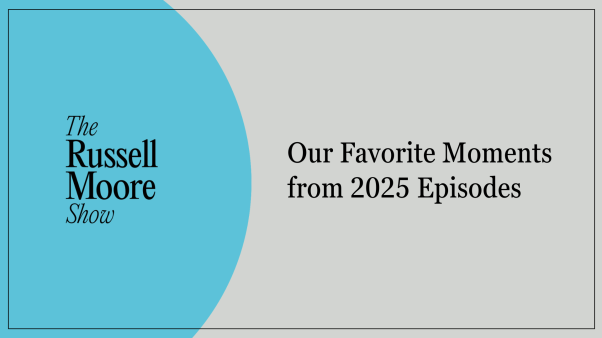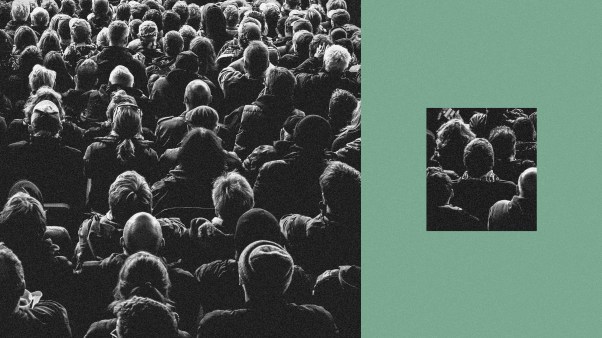In his seminal 1967 essay, sociologist Robert Bellah argued that the United States had “an elaborate and well-instituted civil religion,” which existed “alongside of” and was “rather clearly differentiated from the churches.” Also known as civic piety, religious nationalism, public religion, and the common faith, civil religion provides a religious sanction for the political order and a divine justification of and support for civic society and a nation’s practices. It is the “state’s use of consensus religious sentiments, concepts, and symbols for its own purposes.” “As a system of established rituals, symbols, values, norms, and allegiances,” civil religion functions as a social glue to bind people together and “give them an overarching sense of spiritual unity.”
Civil religion involves beliefs (but no formal creed), events that seem to reveal God’s purposes (most notably the American Revolution and the Civil War), prophets (especially Washington, Jefferson, and Lincoln), sacred places (shrines to Washington, Lincoln, and Franklin Roosevelt; Bunker Hill; and Gettysburg), sacred texts (the Declaration of Independence, the Constitution, and Lincoln’s Gettysburg Address), ceremonies (Memorial Day, Independence Day, Veterans’ Day celebrations, and the pageantry of presidential inaugurals), hymns (“God Bless America” and “My Country, ‘Tis of Thee”), and rituals (prayers at public events such as inaugurals and the beginnings of sessions of Congress and national days of prayer).
By presiding over the nation’s rituals and reaffirming its creeds, presidents have served as the prophets and priests of this civil religion. They have employed civil religion to unite Americans and to frame and win support for specific policies. Regularly invoking God in inaugural addresses and on other solemn occasions, the president has functioned as the nation’s principal preacher and chief pastor. America’s presidents have usually employed broad religious language and have typically avoided mentioning Jesus or Christian doctrines. They have minimized theological differences, urged religious communities to work together, and sought to strengthen citizens’ commitment to America’s core values.
Scholars distinguish between priestly civil religion, which offers God’s comfort and solace to people in the midst of tragedy and affliction, and prophetic civil religion, which uses biblical themes to challenge citizens to change their attitudes and actions. Presidents have operated more as priests than as prophets. They have frequently asserted that God has chosen and blessed the United States, provided spiritual inspiration, and consoled their countrymen after tragedies. However, they have sometimes used the rhetoric of civil religion to exhort Americans to reevaluate the nation’s goals and actions and to seek to implement its best values.
Copyright © 2008 by the author or Christianity Today/Christian History & Biography magazine. Click here for reprint information on Christian History & Biography.










